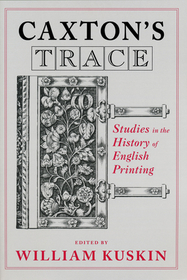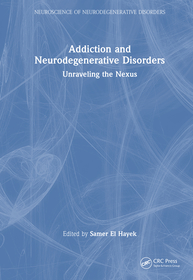
Caxton's Trace
Studies in the History of English Printing
- Publisher's listprice GBP 24.99
-
11 938 Ft (11 370 Ft + 5% VAT)
The price is estimated because at the time of ordering we do not know what conversion rates will apply to HUF / product currency when the book arrives. In case HUF is weaker, the price increases slightly, in case HUF is stronger, the price goes lower slightly.
- Discount 10% (cc. 1 194 Ft off)
- Discounted price 10 745 Ft (10 233 Ft + 5% VAT)
Subcribe now and take benefit of a favourable price.
Subscribe
11 938 Ft

Availability
printed on demand
Why don't you give exact delivery time?
Delivery time is estimated on our previous experiences. We give estimations only, because we order from outside Hungary, and the delivery time mainly depends on how quickly the publisher supplies the book. Faster or slower deliveries both happen, but we do our best to supply as quickly as possible.
Product details:
- Publisher University of Notre Dame Press
- Date of Publication 24 January 2006
- Number of Volumes Print PDF
- ISBN 9780268033095
- Binding Paperback
- No. of pages424 pages
- Size 229x152x24 mm
- Weight 620 g
- Language English
- Illustrations 28 halftones - 28 Halftones, unspecified Halftones, unspecified 0
Categories
Long description:
William Caxton (ca. 1421–1492) and the printers who immediately followed him, Wynkyn de Worde and Richard Pynson, dominated early English printing. Surprisingly, their ideological impact on English literary history—their transformation of a textual economy based in manuscript production, their strategic development of authorship, their collation of English literature—remains largely unrecognized, overshadowed by the work of later sixteenth-century printers and folded into the general transition from the Middle Ages to the Renaissance. This collection, the first such work on Caxton and his contemporaries, consists of ten original essays that explore early English culture, from Caxton's introduction of the press, through questions of audience, translation, politics, and genre, to the modern fascination with Caxton's books. The contributors to this volume approach the study of the printed book as the study of literary culture, and so broaden the traditional terms of bibliography to argue that no full understanding of books is possible without consideration of the larger nature of cultural production and reproduction. On one level, then, the book reads early printers' editions as evolutionary, reproducing preexisting production methods; on another, however, it argues that these printers introduced a significantly new relationship between material and symbolic forms. Thus, Caxton's Trace suggests that the first century of print production is defined less by transition or break, than by a dynamic transformation in literary production itself.
More









